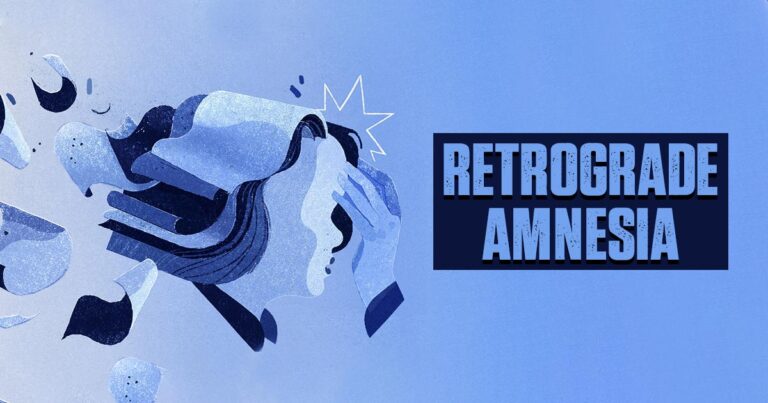
Topics Condition
Read helpful research-backed information on various psychological conditions to help understand your symptoms and take necessary precautions if needed.
Psychological conditions involve abnormalities of the human mind resulting in unusual behavioral patterns that can affect an individual’s daily activities. There is a broad range of mild and curable psychological conditions that people of any age group can suffer from due to genetics and other specific circumstances, including magical thinking, jet lag, caffeine use disorder, eating disorders, trichotillomania, autophobia, dermatillomania, and many more. However, individuals may experience several acute and chronic conditions that can negatively affect their psychological well-being, such as chronic depression, psychotic depression, anxiety disorder, Alzheimer’s disease, schizophrenia, dysgraphia, perinatal mood disorders, body-focused repetitive behaviors, dissociative disorders, pyromania, etc.











